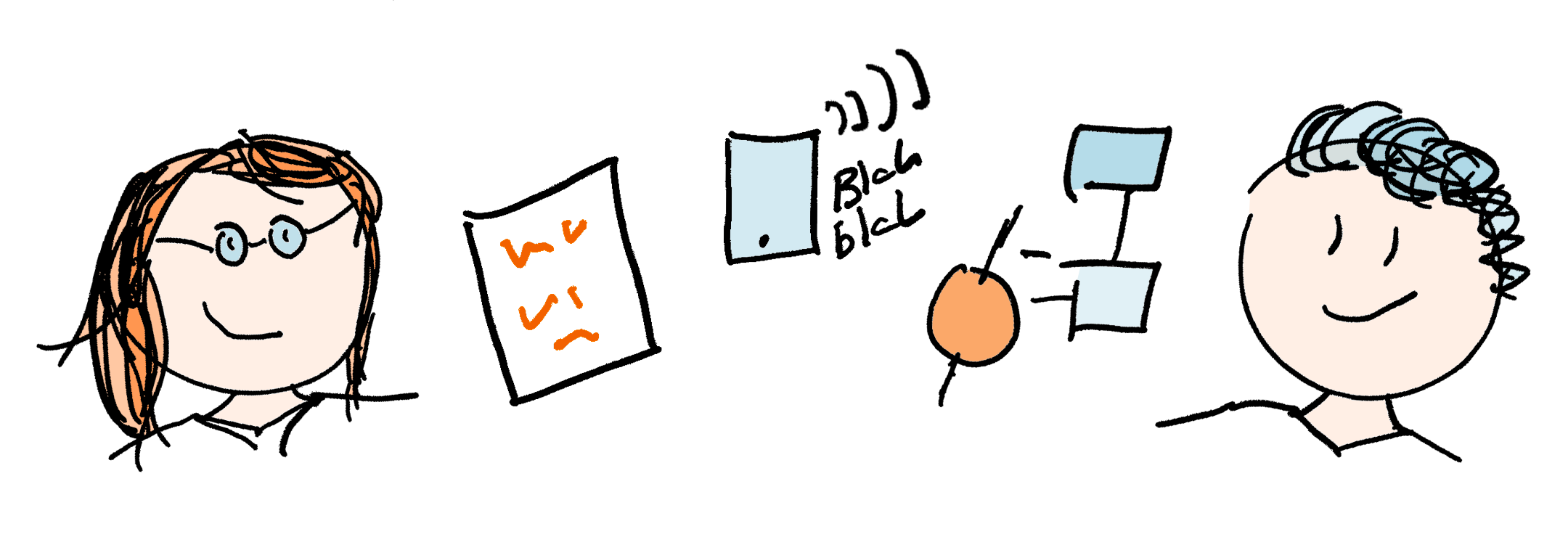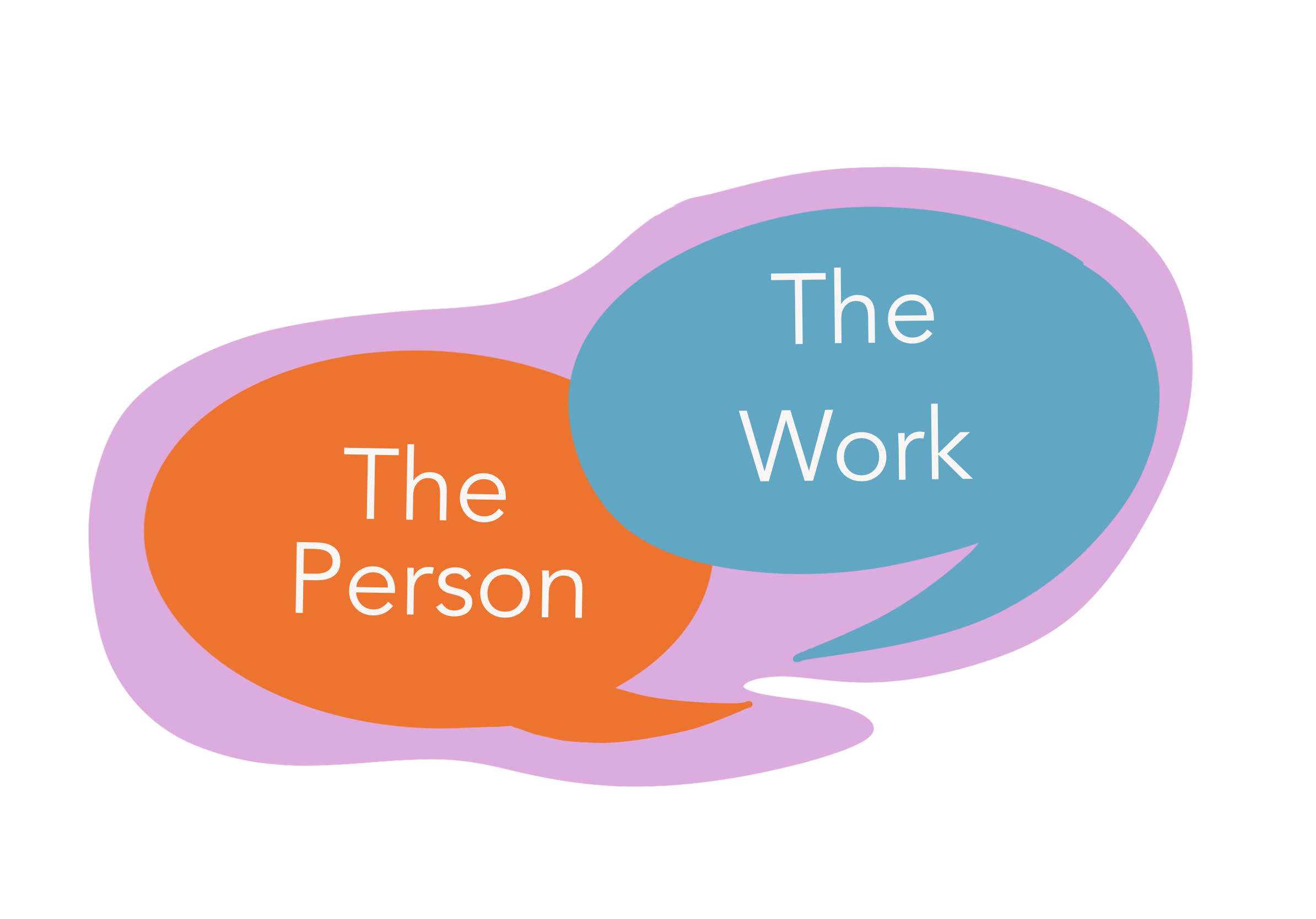DESIGNING TEAM COMMUNICATION TO ENHANCE MOTIVATION
Training for Managers and Leaders of Remote Teams
“How do I motivate members of my remote team?” is a question we hear often.
Our approach: adopt a coaching and facilitative mindset, and design an ecosystem where team members can stay connected to each other and their work.
Our founder, Pilar Orti, has gathered together the principles and practices she’s observed in remote companies under the name of “Visible Teamwork”. These practices are not meant to provide a tool for micromanagement, but an ecosystem through which team members can understand how their work fits into the bigger picture, and remain connected as colleagues and people.
It’s not enough to decide to experiment with and adopt these practices.
We need to understand how they can affect team members’ motivation, and classic self-determination theory is the perfect framework through which to do this.
Managers attending this 2.5 hours session will:
Reflect on and share those team and leadership practices currently working well in their teams
Evaluate how their team can best apply the principles of Visible Teamwork to stay connected and aligned.
Use a simple motivation theory (Self-Determination Theory) as a framework within which to design future team practices
Share a common language with which to talk about remote team practices
CONTENT
1) How working in a remote team affects intrinsic motivation
2) Principles of Visible Teamwork
Deliberate Communication - The Person
Making explicit those things about us as individuals that others usually pick up when they see us in the office, by co-creating an effective Team Communication Agreement.
Work Visibility - The Work
Making visible your team conversations, your work and team workflow - so that everyone has access to the right information at all times, and your activity and progress as a group is embedded into the work itself. The relationship with trust and accountability that visible teamwork ensures, and the benefits this brings to all team members.
Planned Spontaneity - Team Spirit
While each team member might be working either alone or in a collaborative activity, there are ways of crafting your ecosystem to enable team members to have spontaneous encounters. These encourage informal learning and bonding and are also closely related to trust and wellbeing.
3) Adopting Visible Teamwork practices to match motivational needs
Max group size for workshops: 12 participants
Workshop duration: 3 hours
Price: £1,200 (discounts available for multiple bookings, or as part of the full Management Training programme)
OUR TRAINER-FACILITATOR
Pilar Orti
As the director of Virtual not Distant, Pilar delivers workshops and presentations to managers in a wide range of organisations. She’s also the host of our podcasts 21st Century Work Life and Management Café.
She regularly talks about Visible Teamwork and its relationship to motivation, trust and task interdependence.
(If those are subjects you want to find out more about right now, check out this blog post.)
WHAT PARTICIPANTS HAVE SAID
"Training day was really good, interactive and enjoyable. I thought Pilar was very engaging and the balance of content was great. I took away useful ideas that I can implement for the team going forward especially as new to management." -Manager, In-House Training on Leading Remote Teams
FIND OUT MORE ABOUT VISIBLE TEAMWORK
Download the guide to Leading through Visible Teamwork, and start thinking about how to make online teamwork sustainable now.
Or, check out this blog post, which links Visible Teamwork to motivation, trust and task interdependency. From this post you will also be able to listen to three podcast episodes, explaining the connection.
If you are already subscribed to our podcast 21st Century Work Life, then look for these episodes:
WLP239 Match Your Visible Teamwork to Your Team Task Workflow




